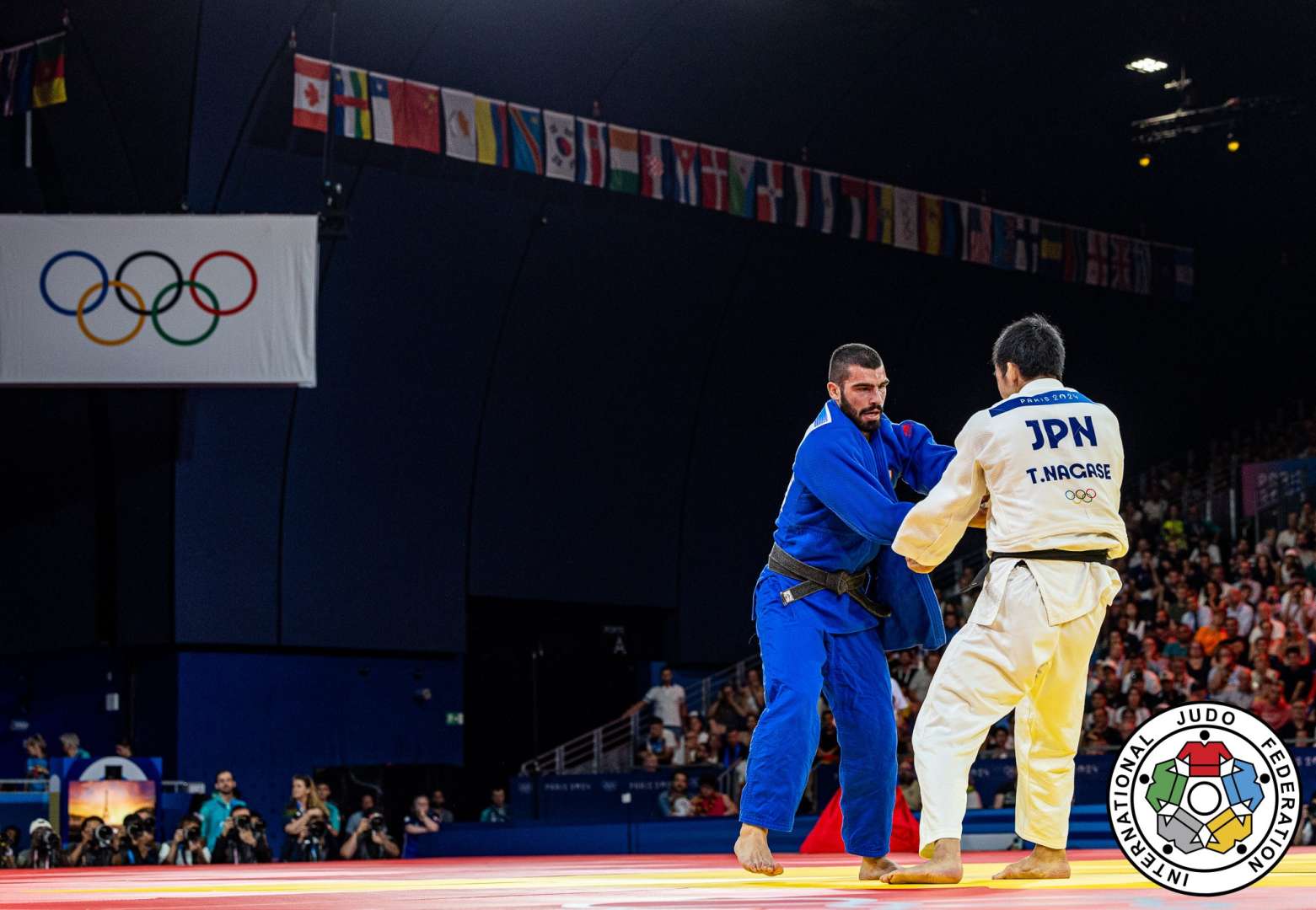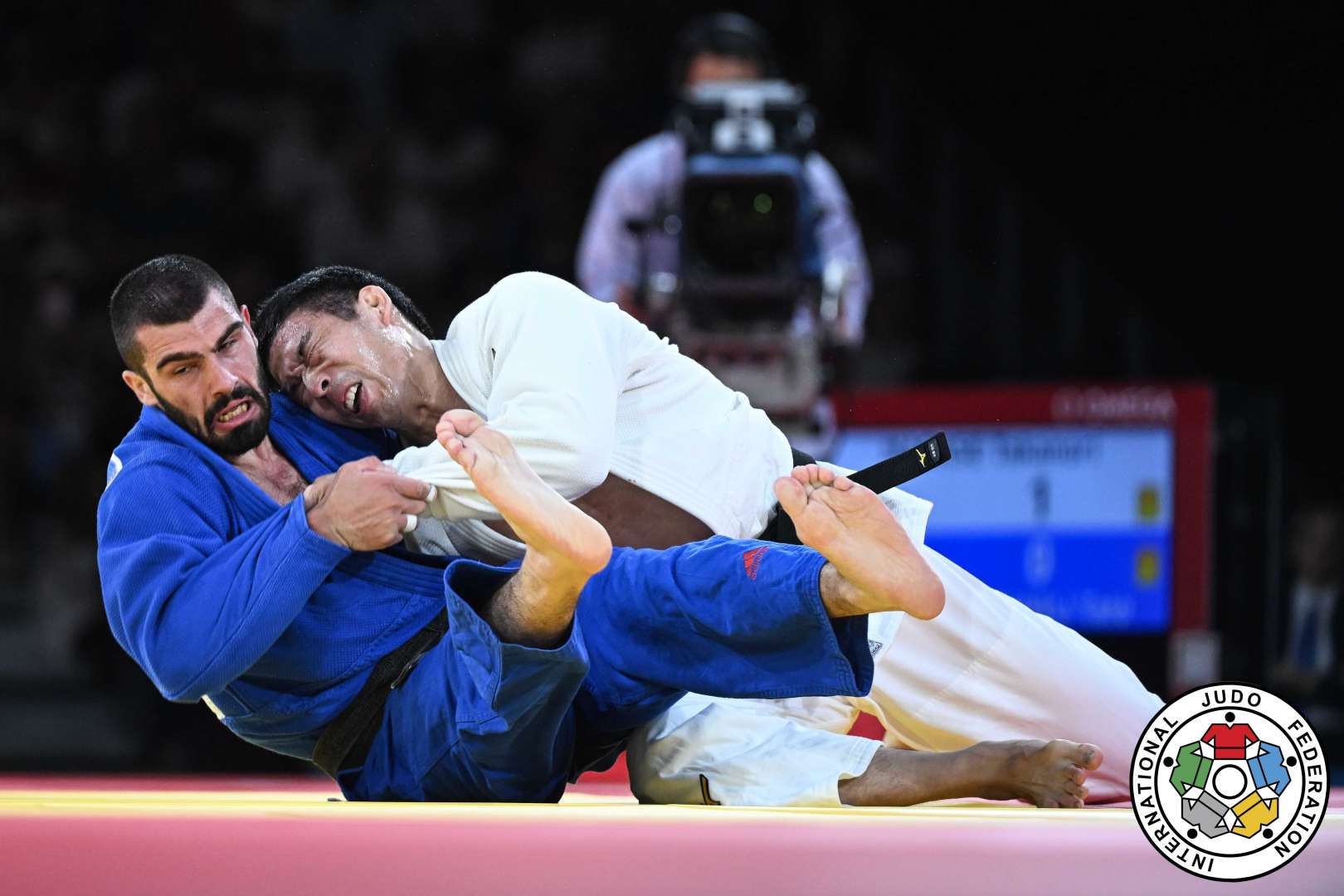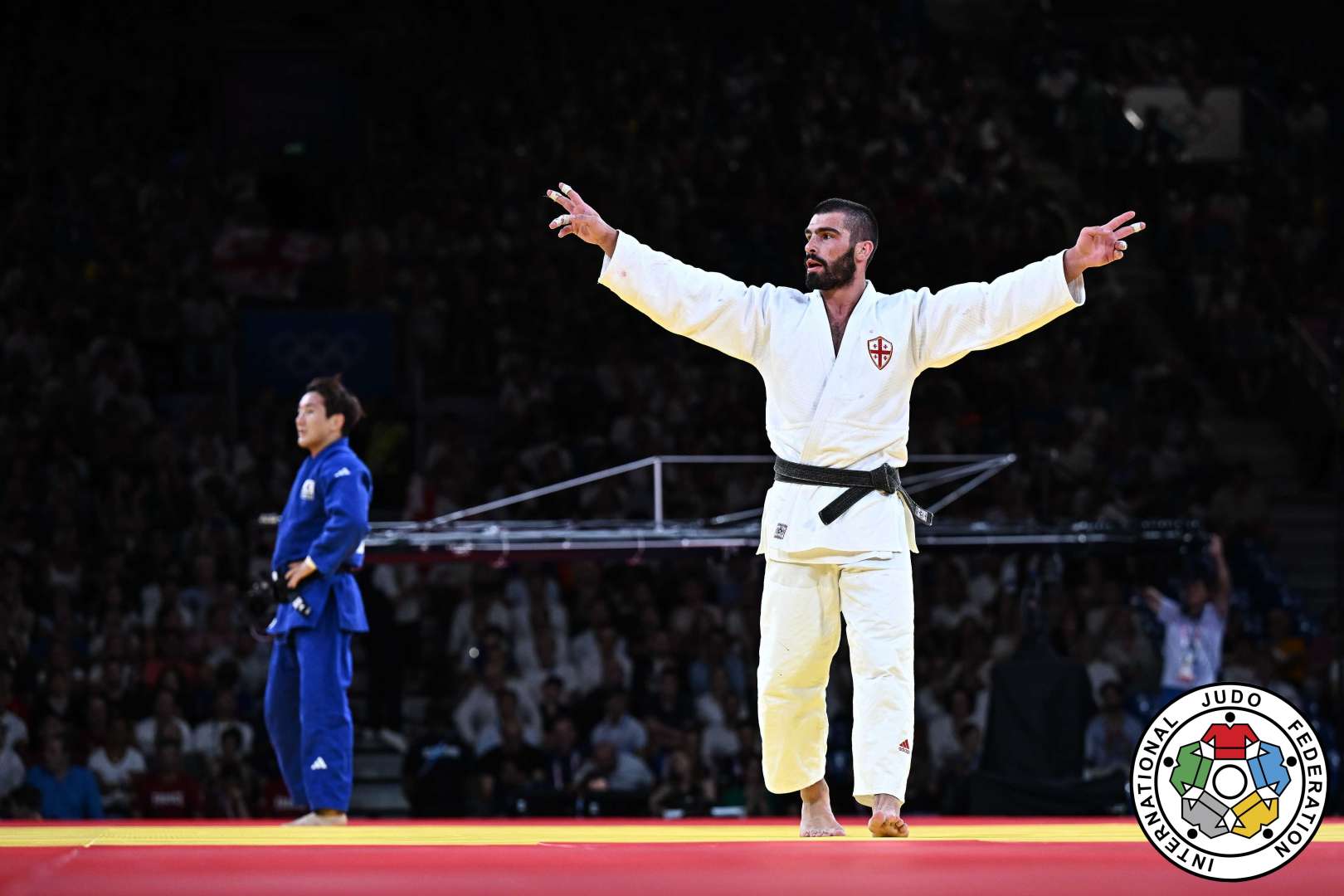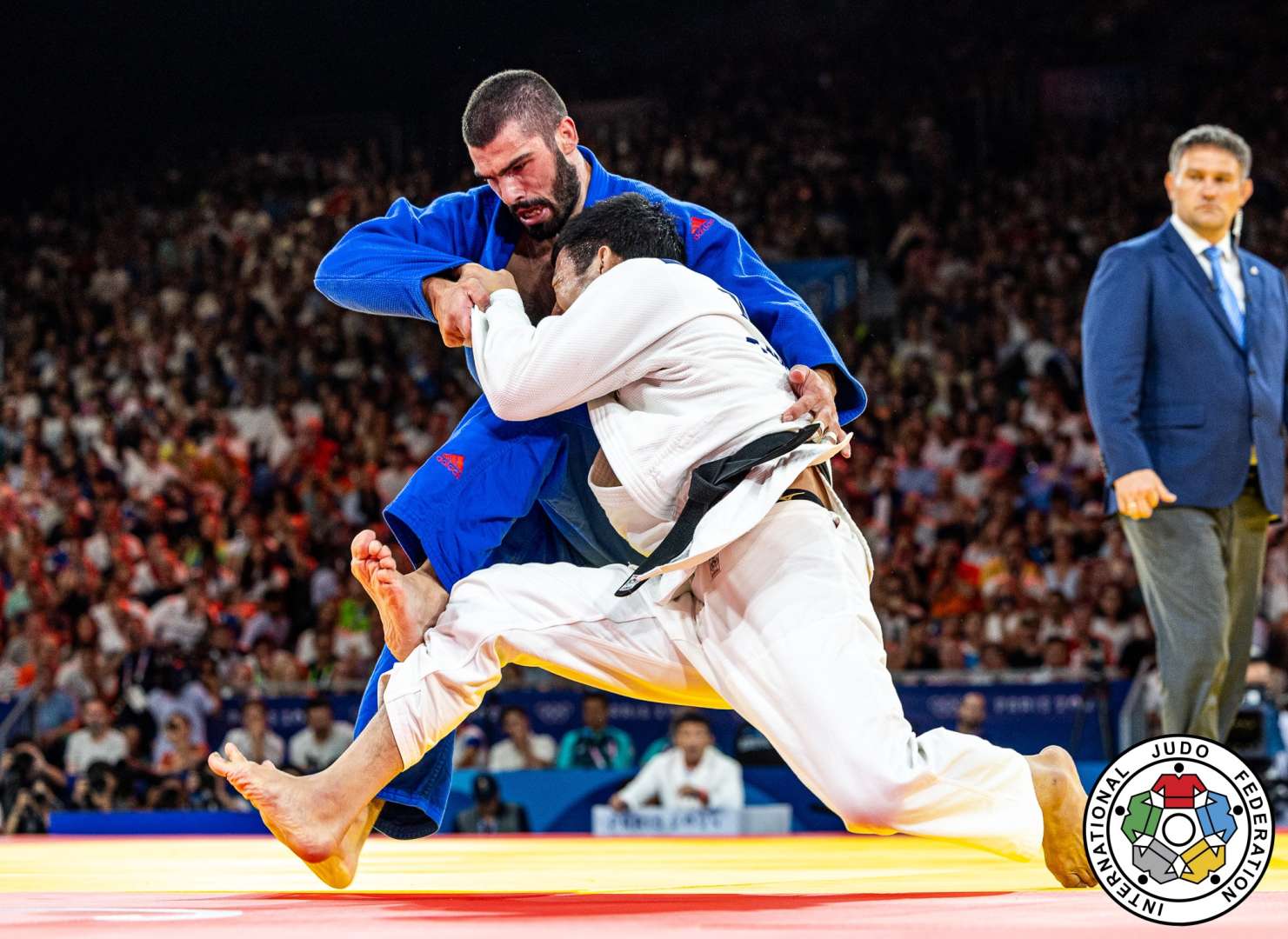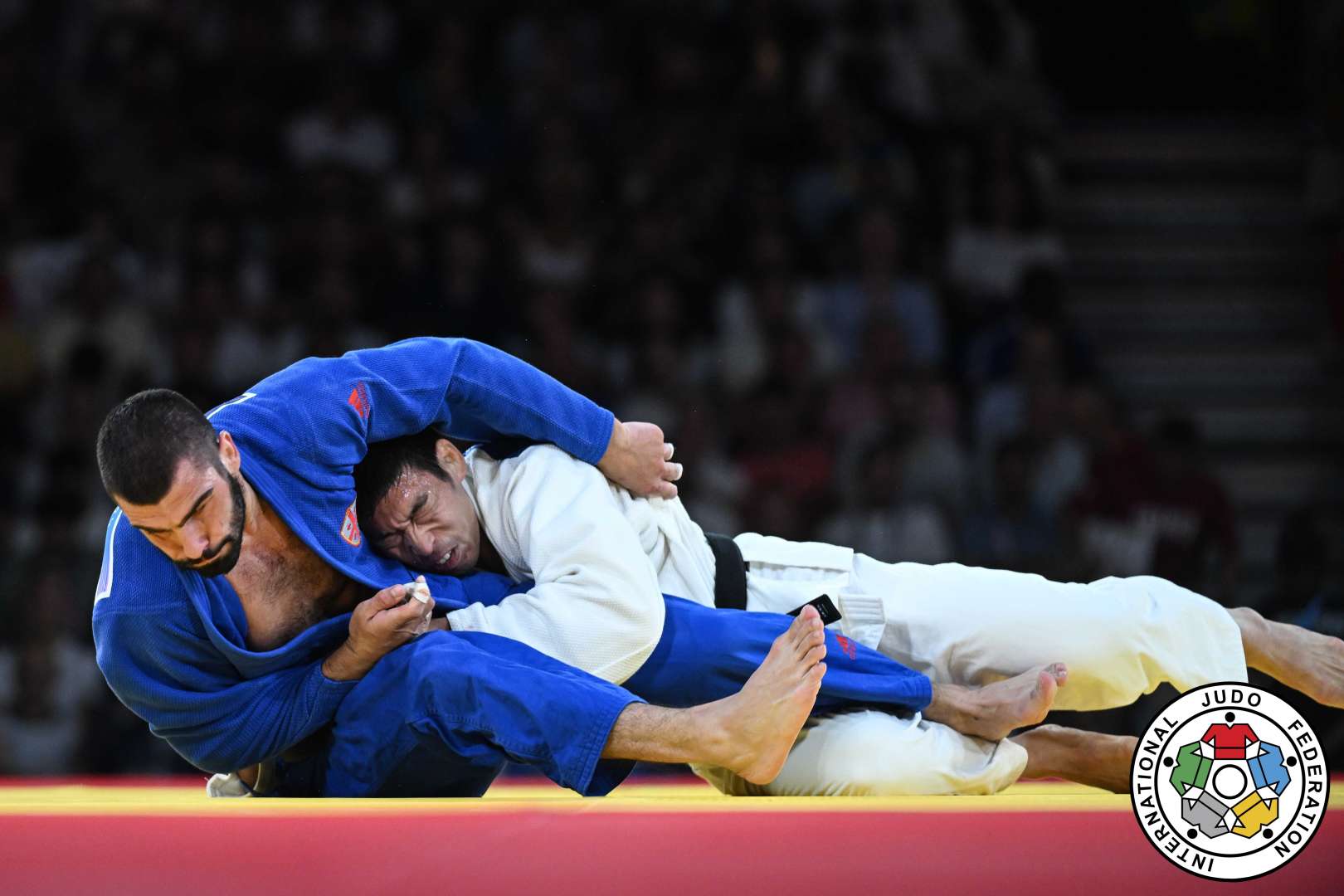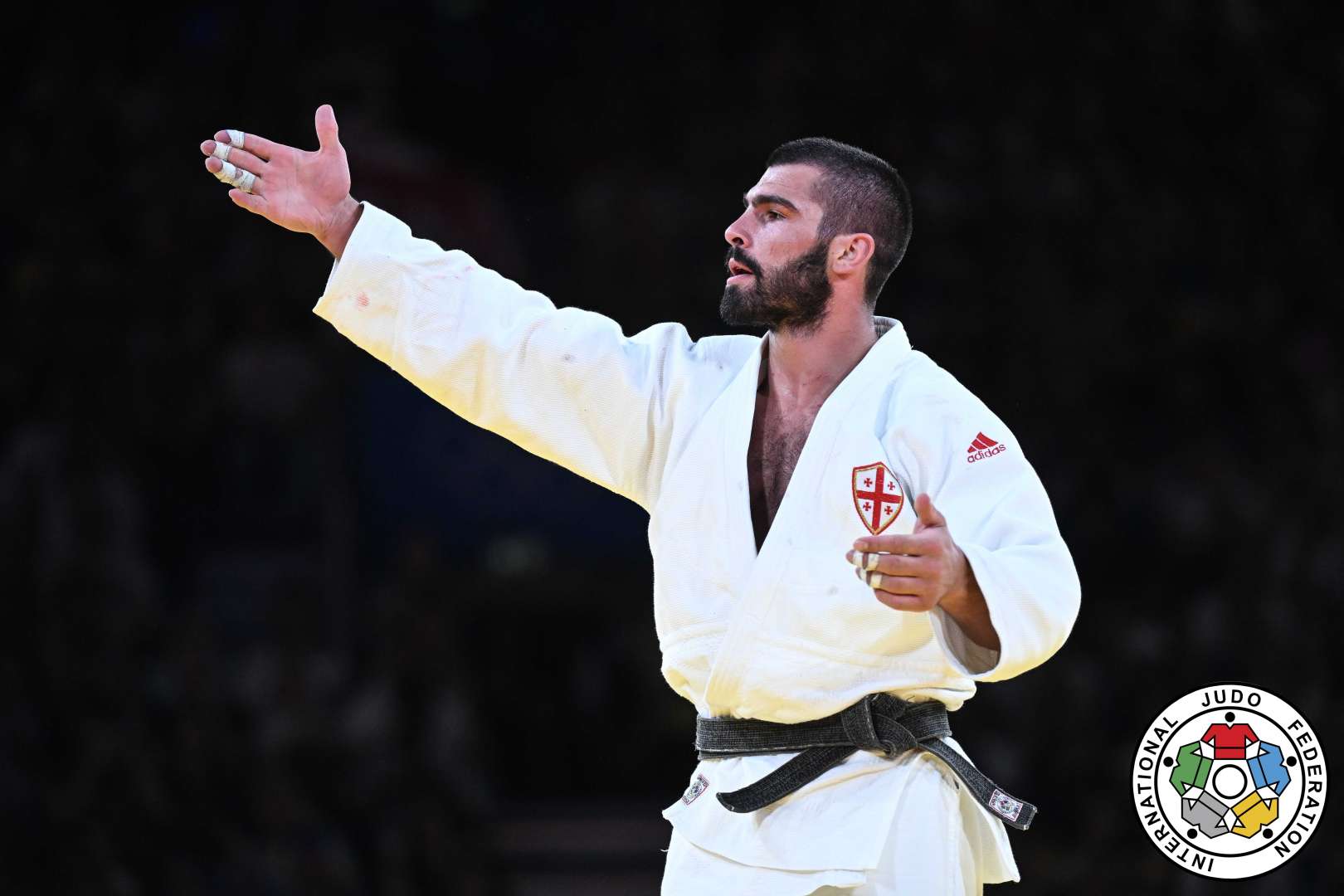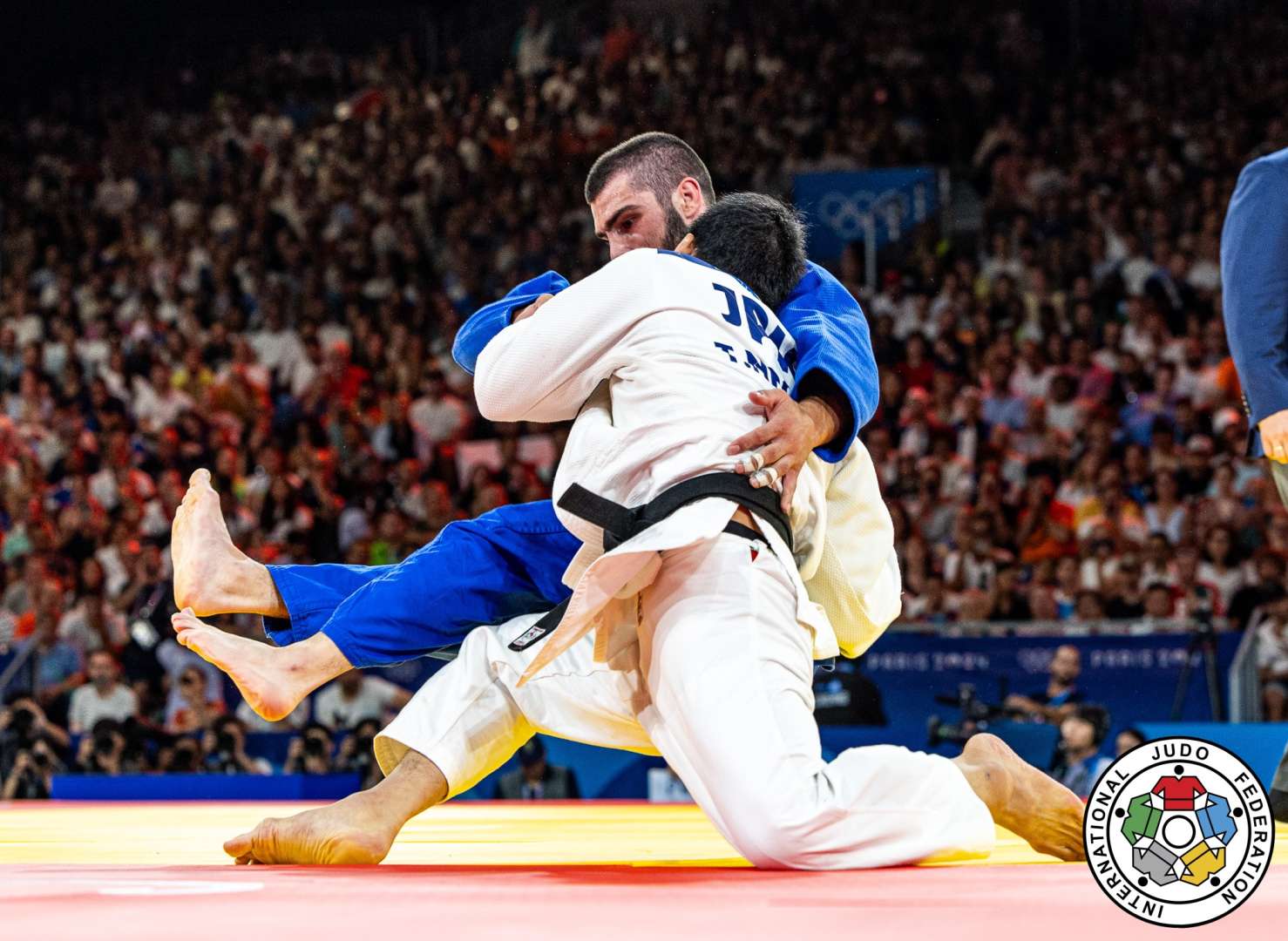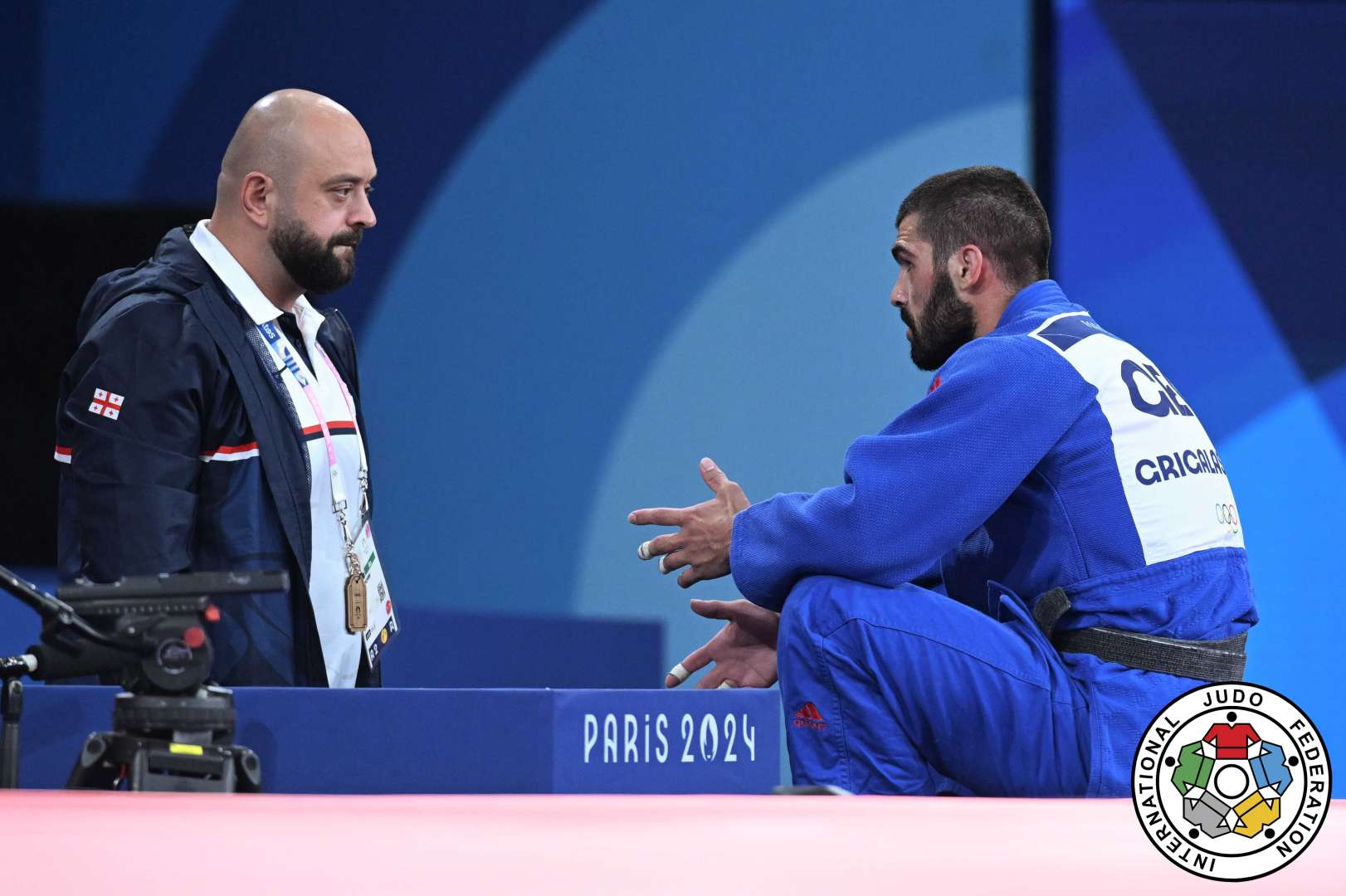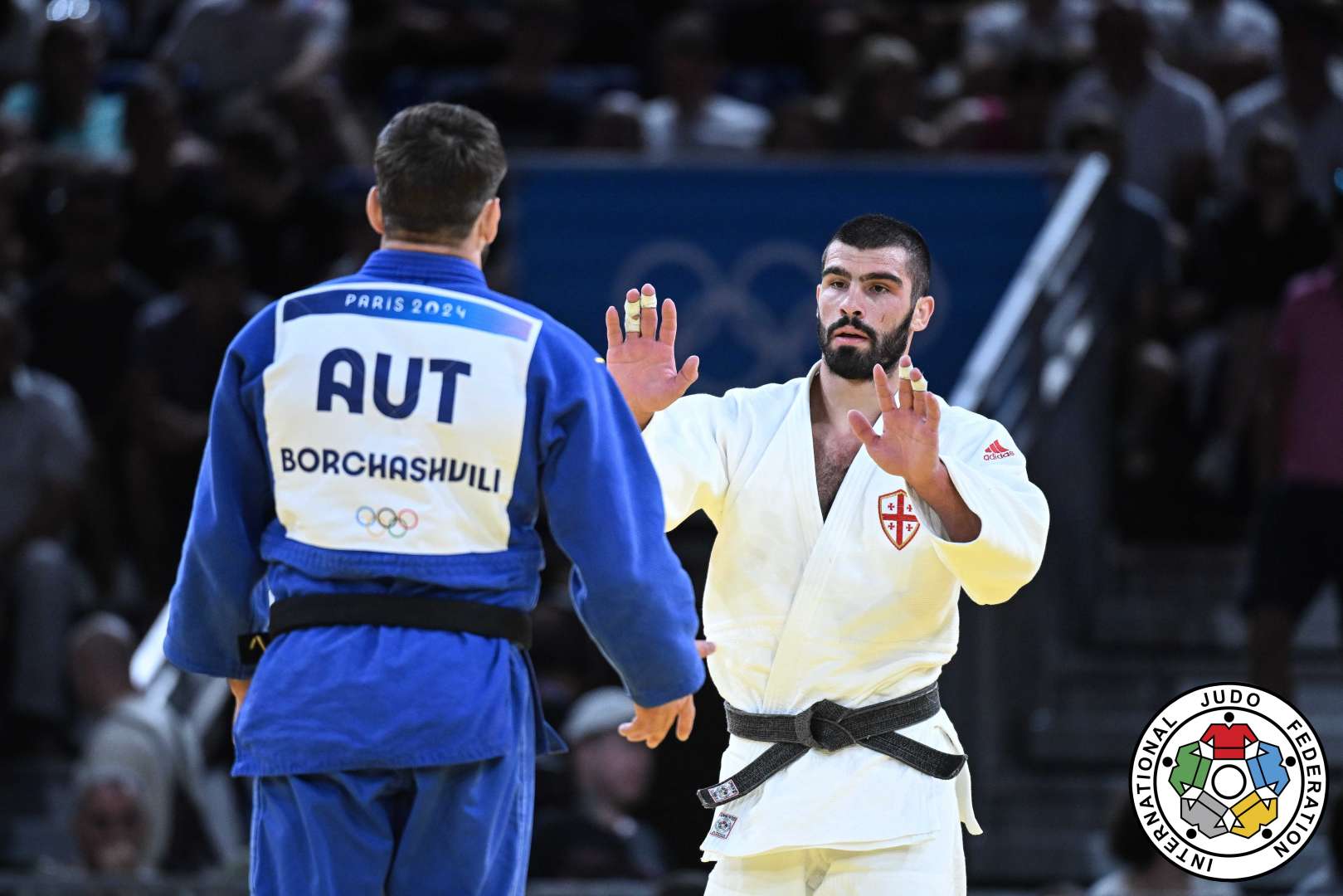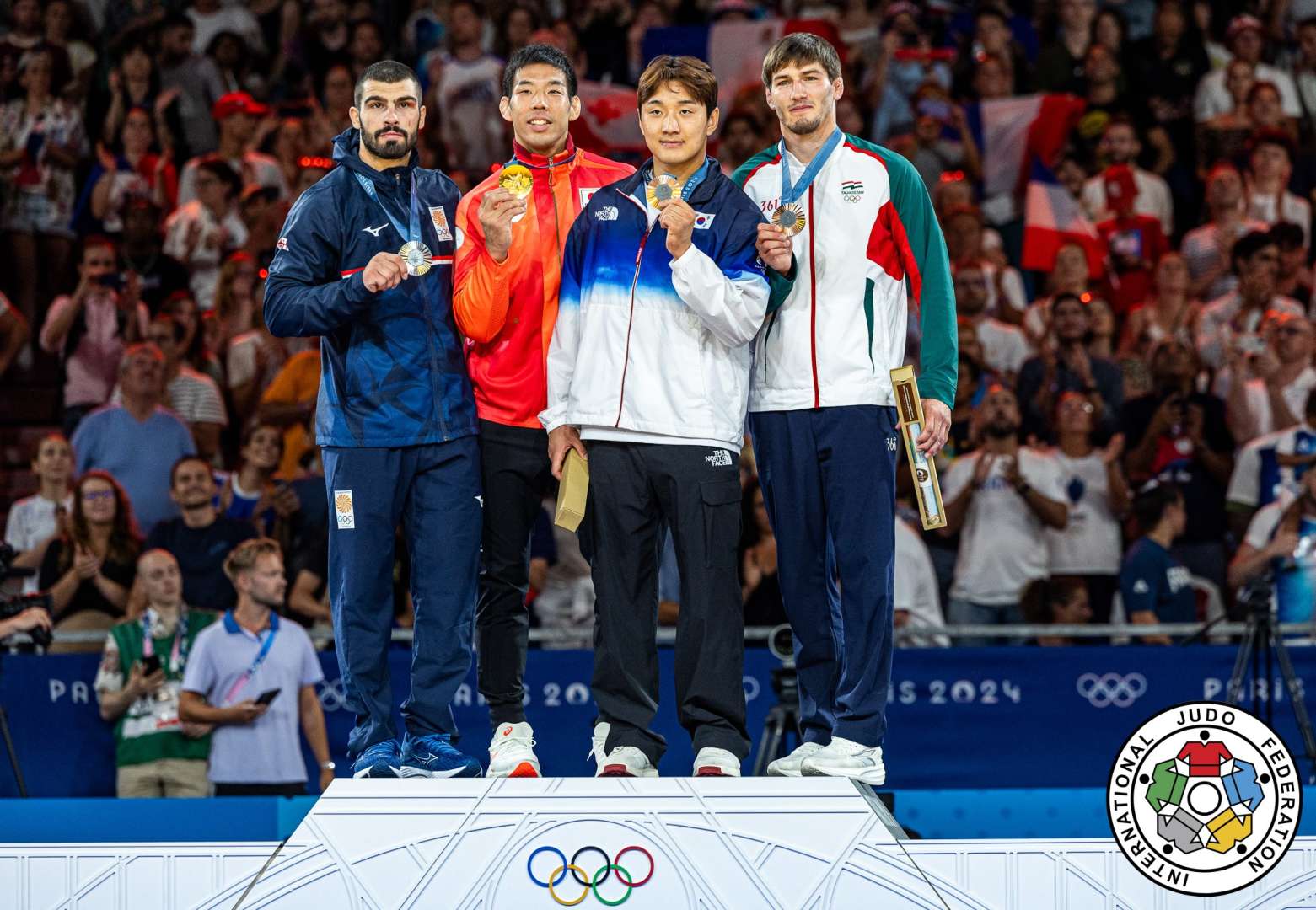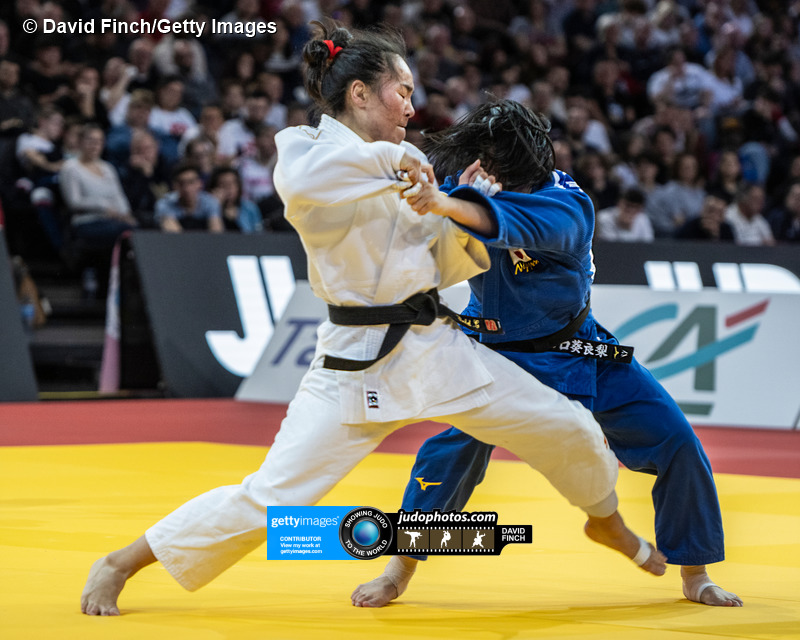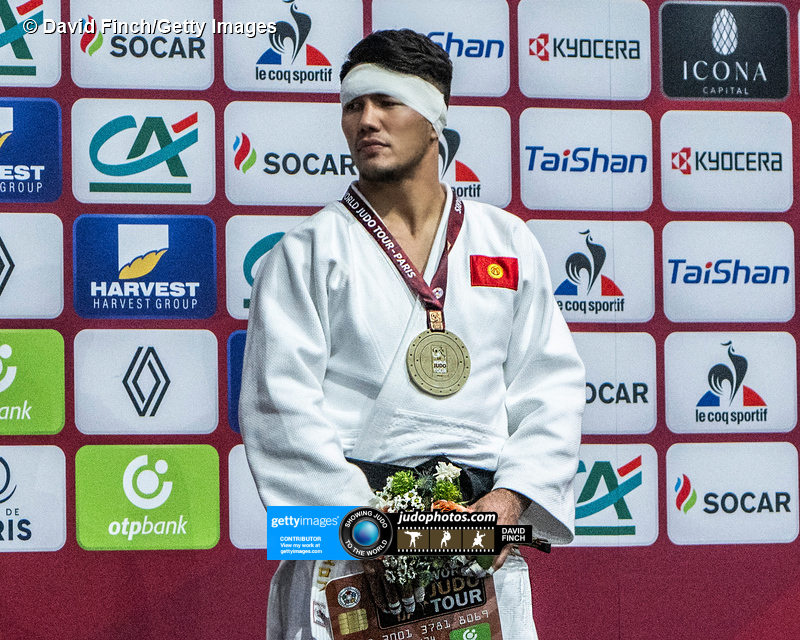Home town of judo trailblazer Jigoro Kano in the picture

 20 Jul 2020 11:35
20 Jul 2020 11:35
 by AFP
by AFP

In his own home town of Kobe Jigoro Kano's is sometimes overlooked. The founder of Judo is world famous among judo fans. Kano was born about 160 years ago in Mikage, an upper-class residential neighborhood of the western city, to a family that has run sake breweries for generations. Some of his descendants still live in the town, brewing the traditional Japanese tipple, and are looking forward to their ancestor getting a bit more local name recognition when judo features in the 2020 Games, now postponed until 2021 over coronavirus.
Kano left the waterfront town for Tokyo as a child, and later established judo by combining different forms of jujutsu martial arts with ideas including spiritual discipline.
His judo techniques and teachings are popular around the world. His black-and-white portrait hangs in dojos or training halls in many countries, following the practice at the Kodokan, judo's headquarters in Tokyo, which attracts pilgrims from around the world.
Local authorities are also considering making a promotional video to showcase his links to the city, though similar projects have had to be scrapped over budget cuts linked to the coronavirus crisis.
Kano is seen as a trailblazer for sports in Japan more generally: he was the first Asian member of the International Olympic Committee in 1909 and travelled internationally to demonstrate judo.
He was a keen campaigner for Japan to host the Olympics and for judo to be included in the program -- efforts that bore fruit after his death when the 1964 Games were held in Tokyo, with Kano's sport included for the first time.
He also founded the nation's first physical education college programme, started the forerunner to the Japan Sports Association, and helped establish one of Japan's best high schools -- the Nada School in Kobe.
While Kano spent most of his life in Tokyo, he often returned to his hometown, making speeches, promoting judo and supporting local education.
He died at 79 while on his way back from an IOC meeting in Cairo and though his ashes were buried near Tokyo, there is a museum in Kobe that commemorates his life.
In Mikage, there is no trace of his childhood home, which has long been demolished, and no plaque to mark his birthplace. Instead, in its place, there is a convenience store.
“Nothing under the sun is greater than education. By educating one person and sending him into the society of his generation, we make a contribution extending a hundred generations to come."
 like
like
 share
share
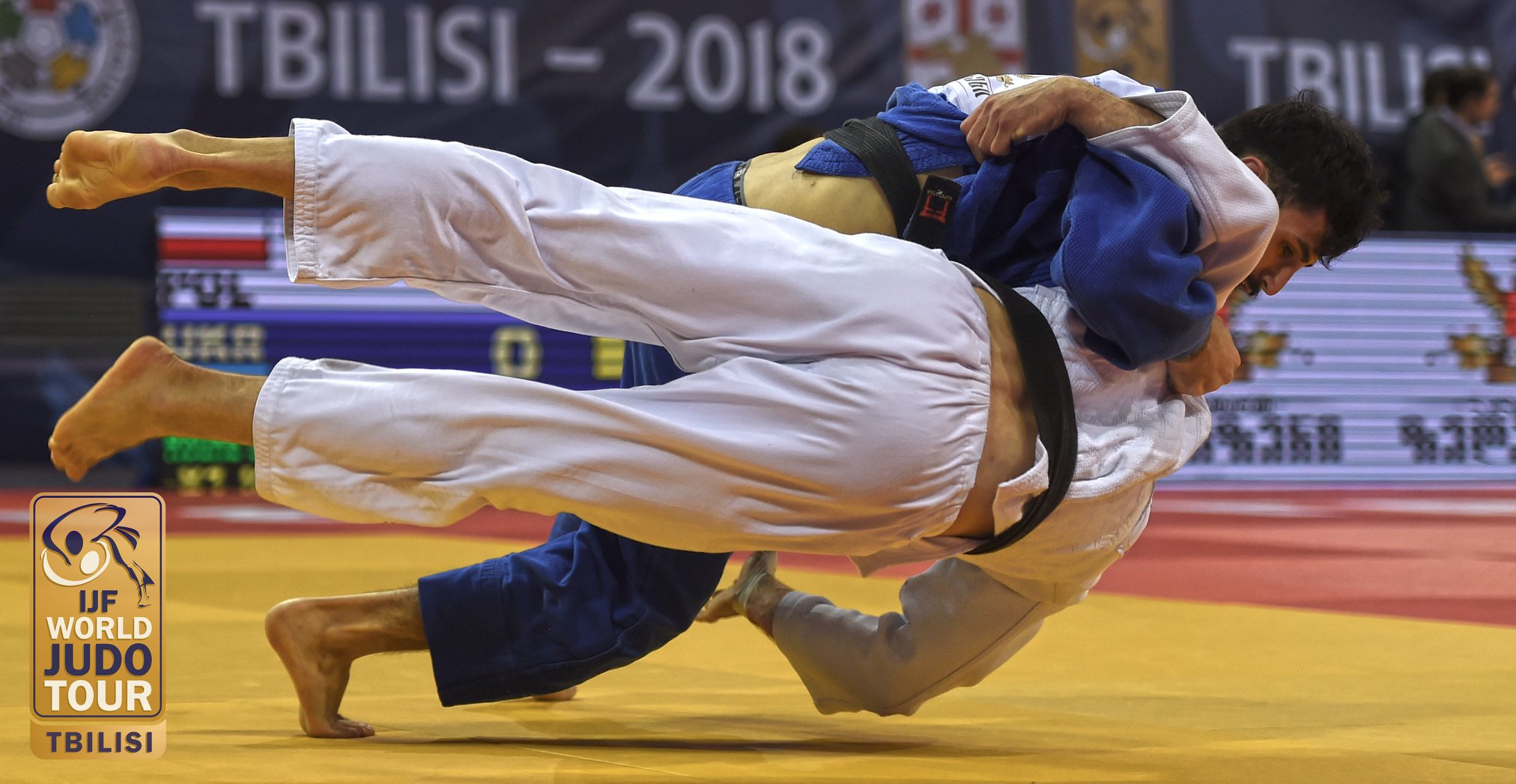
| Result | City | Date |
|---|---|---|
| 2 | Paris | 2024 |
| 1 | Abu Dhabi | 2024 |
| 1 | Zagreb | 2024 |
| 3 | Belgrade | 2023 |
| 2 | Montpellier | 2023 |
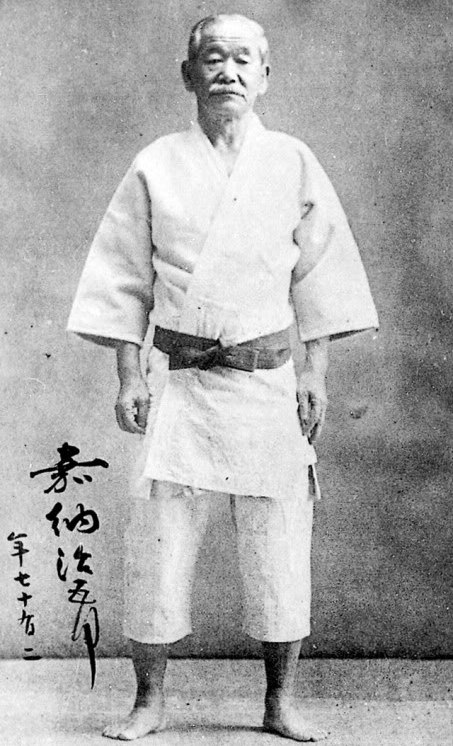
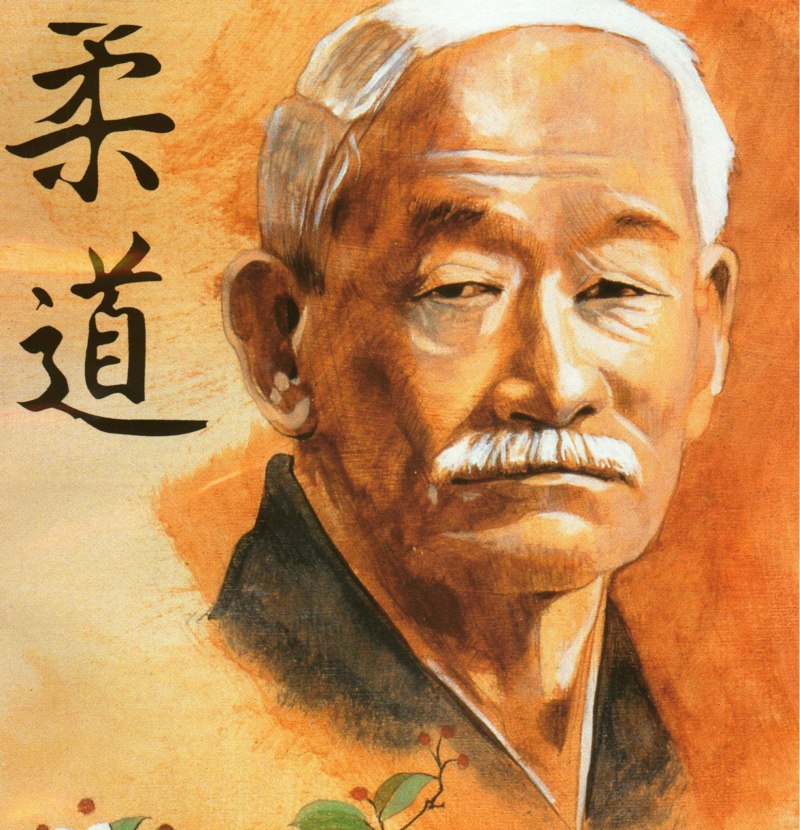
.jpg)





